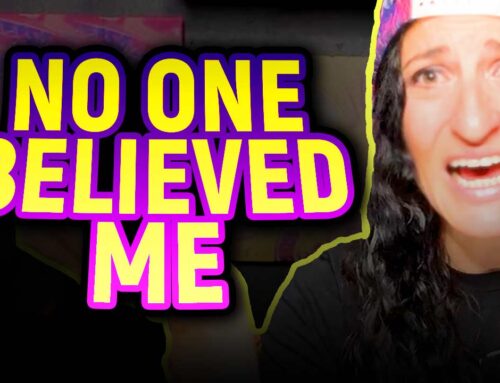What to Look for in a Therapist or Counselor
People from all walks of life can benefit from working with a mental health professional. Mental illness, trauma, or simply just needing someone to talk to are all valid reasons for seeking out help from a therapist or counselor.
Unfortunately, it’s not always easy to find the right person to help you manage your mental health. It can be overwhelming, especially if you don’t know what to look for. Here are some tips for finding a great fit so you can address your individual mental health needs as soon as possible.
Narrow Things Down with Insurance & Location
Not everyone is lucky enough to have insurance coverage that will pay for mental health services. If you do, you can use it to narrow down your options. Most insurance companies have online directories with search functions to find providers that will accept your coverage.
Once you have a list of providers nearby who will accept your insurance, you can start looking through the remaining options. It should be easier to sort through the list and find therapists who offer the services you need. Even if you don’t have insurance, you can use an online directory to see nearby providers in your area.
Specialization
In addition to standard credentials like education and licensing, some therapists specialize in certain mental illnesses or a specific type of therapy, like cognitive-behavior therapy (CBT). If you can, it’s always better to find a therapist who specializes in the kinds of mental health concerns you’re facing or uses the techniques you think will be most helpful.
It’s important to consider ALL your mental health needs and your goals for therapy. For example, if you’ve just suffered a loss while coping with mental illness, then it might be a good idea to see a grief counselor in addition to someone specializing in your mental illness. Other professionals might have multiple areas of interest and specialization.
Flexibility and Scheduling
Since the beginning of the COVID-19 pandemic, many people have been seeing their counselors virtually, over video chat. While some people prefer to meet with a therapist in person, others love the convenience of having their sessions from the comfort of home. Consider your own preference when choosing a therapist.
You also need to make sure you choose a provider who offers hours that are convenient for you. Therapy should help you cope with the stresses of daily life; getting to your appointment shouldn’t be another source of stress.
Personality
Finding the right therapist can feel a little like dating. It’s important to find someone you mesh with. Trust is absolutely essential in therapy and not everyone builds trust in the same way.
If you don’t “click” with a therapist right away, don’t get discouraged. It can take some time to find the right fit. It’s difficult to evaluate personality before you have a session, so be prepared to change therapists until you find a person you can trust.
Make sure a therapist’s personal philosophy aligns with your beliefs. You might also consider a counselor’s gender, age, religion, and cultural background. These factors will shape your interactions with them and might make it easier or harder for you to open up and for them to offer appropriate help.
Getting Frustrated? Ask for Help
More than half of Americans who need mental health services struggle with finding a therapist, simply due to availability and insurance coverage. If you’re having trouble finding the right fit, reach out to someone you trust for help.
Your doctor should be able to give you a referral to providers with availability and might have personal knowledge of nearby therapists and counselors offering a range of services. Close friends and family members might also be able to help you find the right provider.
It can be a lot of work to find a therapist or counselor. But if you’ve been struggling with your mental health, it’s well worth the effort to find the right fit. Getting coping strategies, medication, and other therapies to ease your symptoms can help you lead a better, happier life and reach your full potential.





